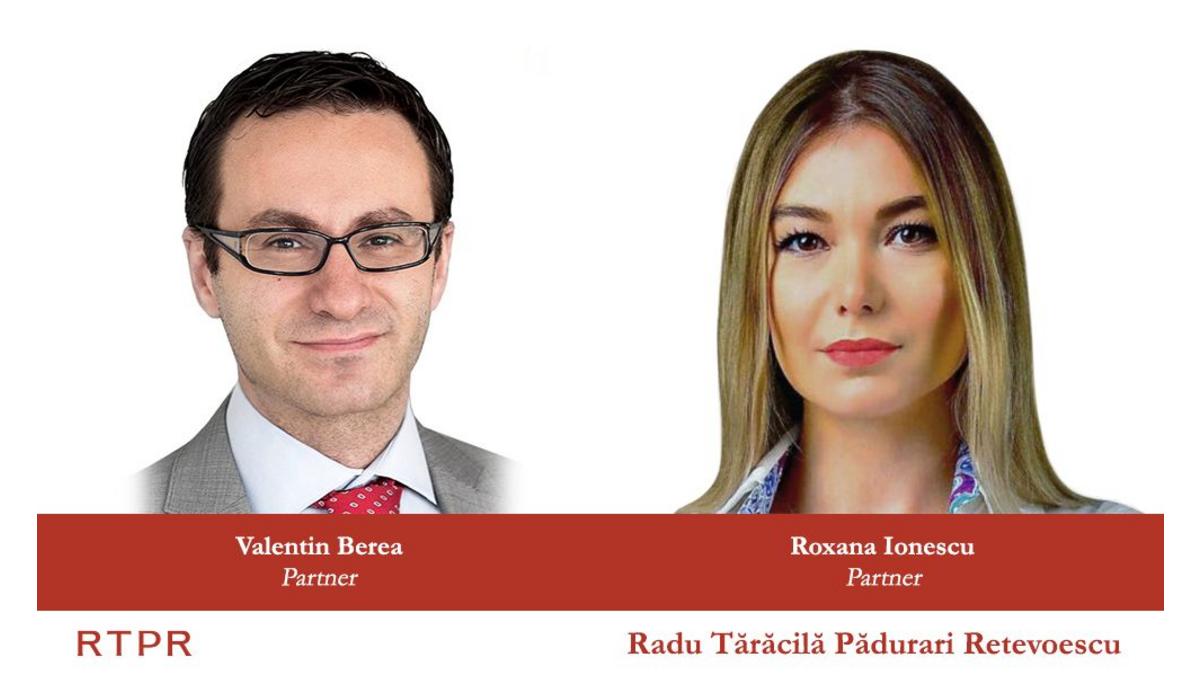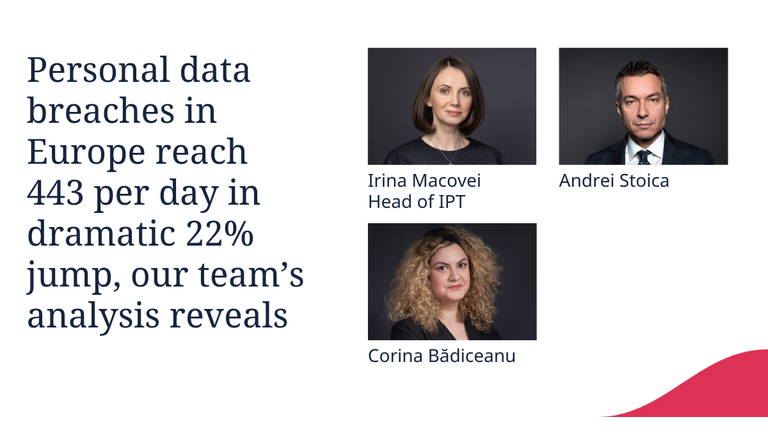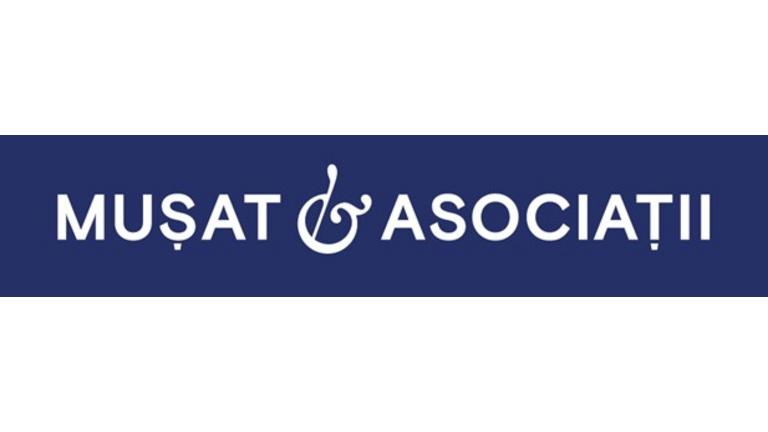Membres
Price increases also trigger legal risks. How to avoid them?

In the current economic and geopolitical context, price increases have become a daily reality. Although the principles of the free economy allow any company to determine its own pricing policy, decisions to increase them must be made and communicated in accordance with the rules of competition and consumer protection legislation. Otherwise, they may lead to significant legal risks, consisting of both significant fines as well as civil actions initiated by third parties, professionals or consumers alike, who may have suffered a loss.
Often the sources of legal risks are situations in which companies may find themselves for perfectly legitimate reasons (and intentions), such as discussions within professional associations, legislative lobbying regarding draft laws that impact the level of prices (e.g. caps, compensations, taxes, excise duties), or even interviews on the expected evolution of prices, a topic widely covered in the media these days. In other cases, in the context of commercial negotiations, a common client may try to obtain more favourable terms by disclosing to the company with which he is negotiating the prices of a competitor (including future prices, which were communicated to him as part of a confidential contractual relationship). Although, analysed individually, such situations do not constitute anti-competitive behaviours, they may create (even involuntarily) the framework for an illegal exchange of information between competitors. Last but not least, in the case of companies with a strong market presence (in a dominant position), even purely unilateral decisions to adjust prices may be sanctioned by the competition authority if they are found to be excessively high, or, on the contrary, if they are below cost and can thus eliminate competition from the market.
In its turn, the National Authority for Consumer Protection has recently launched a series of control actions that target the significant price increases due to exceptional market conditions, such as the Covid pandemic or the war in Ukraine. There are currently a number of draft laws which specifically target to enforce and toughen the sanctions applicable in such cases.
We will have the pleasure to debate these topics with representatives of the management of the Competition Council and the National Authority for Consumer Protection, as well as with other guests from the public and private sector, in an open and interactive discussion at the Hilton Hotel, Enescu hall, on 19 May 2022 at 3.00pm.
The event continues with a cocktail and ends at 7.00pm. CCIFER members may register before 15 May 2022 at violeta.serban(@)rtpr.ro. The participation is complimentary within the number of places available and will be confirmed on a first-come first-served basis.


